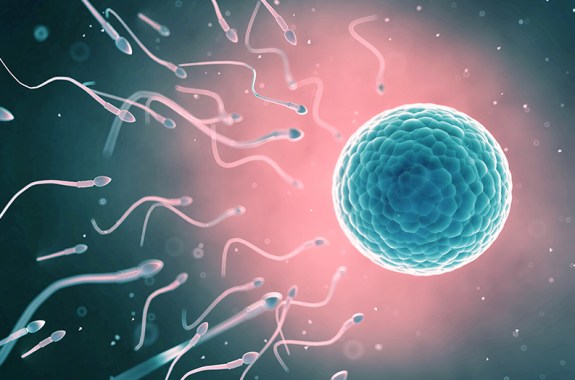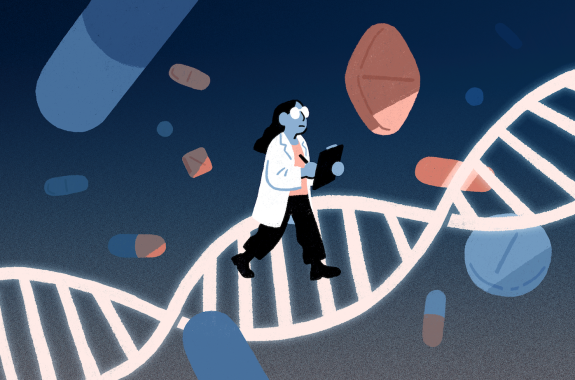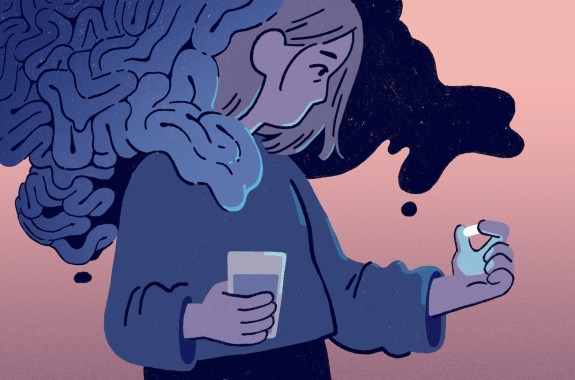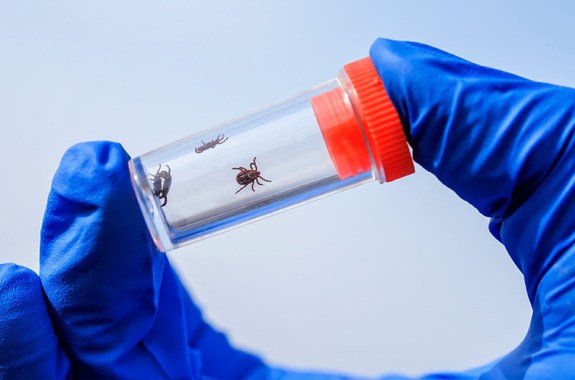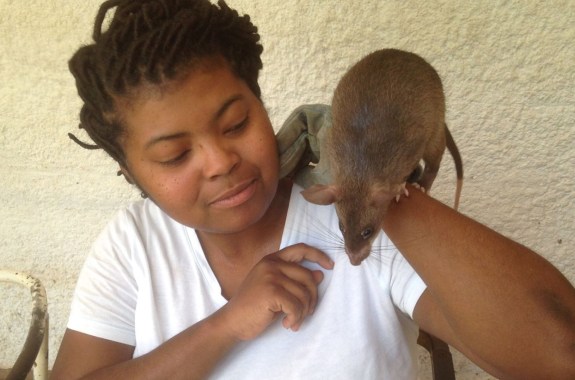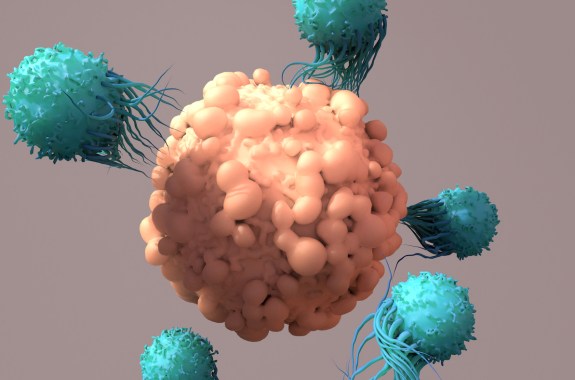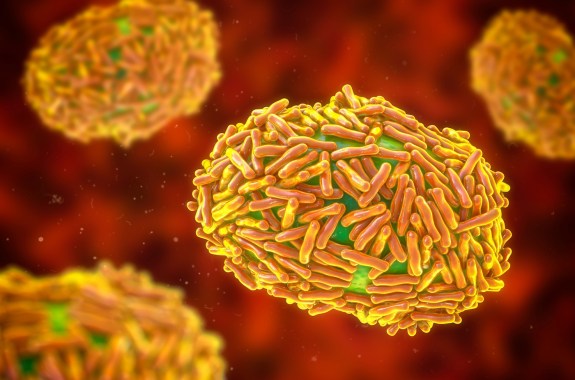Shoshannah Buxbaum is a producer for Science Friday. She’s particularly drawn to stories about health, psychology, and the environment.
Prior to joining Science Friday, she guest-hosted Utah Public Radio’s weekly science and research show, UnDisciplined. She started her career in television at New Jersey’s PBS Station, where she produced daily news segments and the station’s weekly public affairs shows. She holds a master’s degree from CUNY’s Newmark Graduate School of Journalism, with a health and science reporting concentration and audio specialization.
She’s a proud New Jersey native and will happily share her opinions on why the state is deserving of a little more love. When she’s not at work, you can find her hiking in the woods or experimenting with a new soup recipe.
12:17
Biden Declares The COVID-19 Pandemic Over. Is It?
One country cannot declare a global health crisis over, but when a pandemic officially ends is not easy to determine.
11:00
Sperm Swim Together To Help Each Other Reach The Egg
Researchers created a simulation of the female reproductive tract and, rather than compete, sperm may cooperate to swim upstream.
15:44
Understanding Metabolism Genes Might Improve Depression Treatment
A professor of psychiatry studies the genes responsible for metabolizing medication to predict if patients will respond to depression treatment.
17:02
Depression Isn’t Caused By Low Serotonin. So How Do Antidepressants Work?
Antidepressants work, but researchers still don’t fully understand why. Experts discuss what we do and don’t know about how antidepressants affect the brain.
9:45
As The World Decarbonizes, Sulfuric Acid May Be In Short Supply
Sulfuric acid, now facing a supply shortage, is an important part of manufacturing, from fertilizer to the batteries green energy requires.
12:13
Why Is It So Hard To Agree On When Human Life Starts?
For decades, the U.S. medical establishment has adhered to a legally recognized standard for death. Why not for the inception of life?
16:17
A New Lyme Disease Test In Development May Help Improve Treatment
Current diagnostic tests only determine if patients had the disease, not current infections. Microbiologist Pete Gwynne wants to change that.
16:51
‘I Will Not Be Vole Girl’—A Biologist Warms To Rodents
From land-mine sniffing rats to to the mice in your backyard, biologist Danielle Lee is asking big questions about how ecology shapes behavior.
17:23
Personalized Immunotherapy Shows Promise Beyond Cancer
CAR T Cell therapy, currently approved to treat several forms of blood cancer, is now in early clinical trials to treat autoimmune disorders like lupus and multiple sclerosis.
17:22
What You Need To Know About Monkeypox
Following the declaration of a new public health emergency, experts answer SciFri listener questions—and clear up misinformation.

